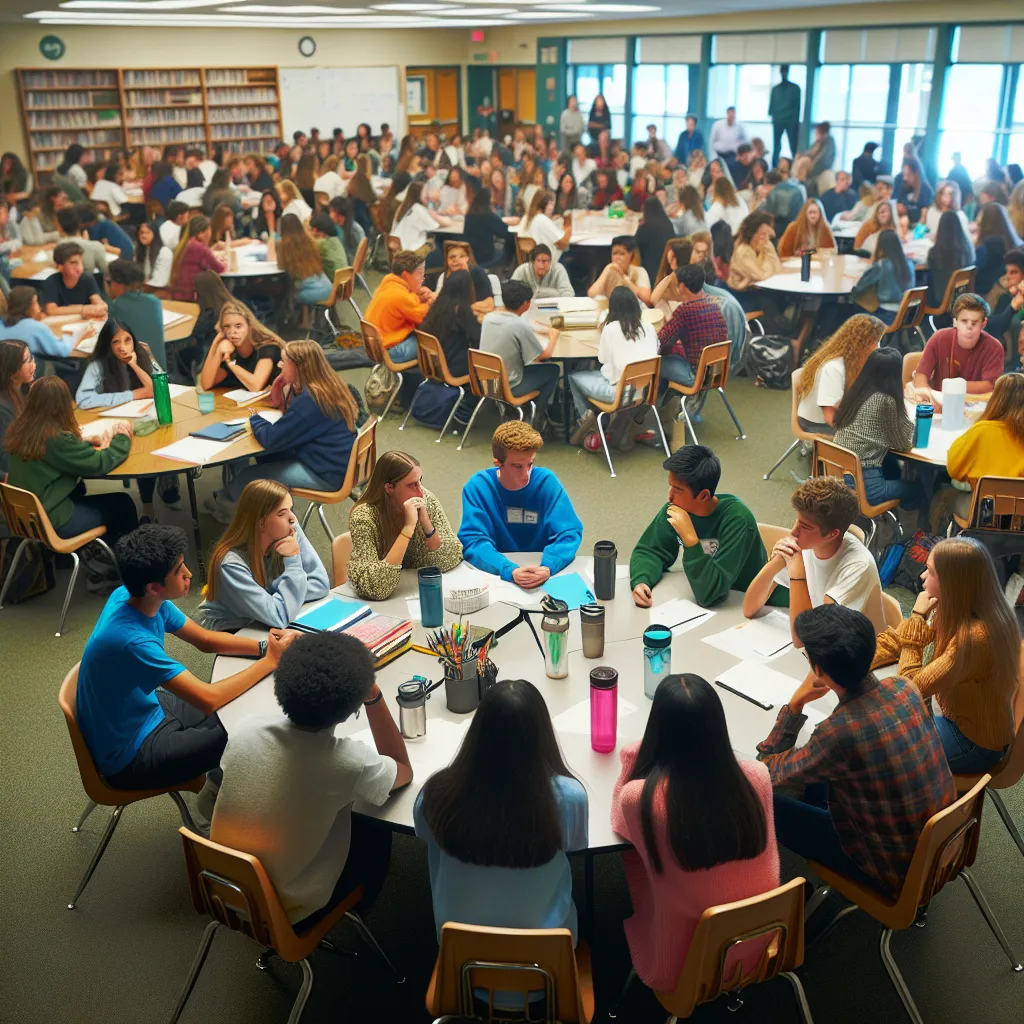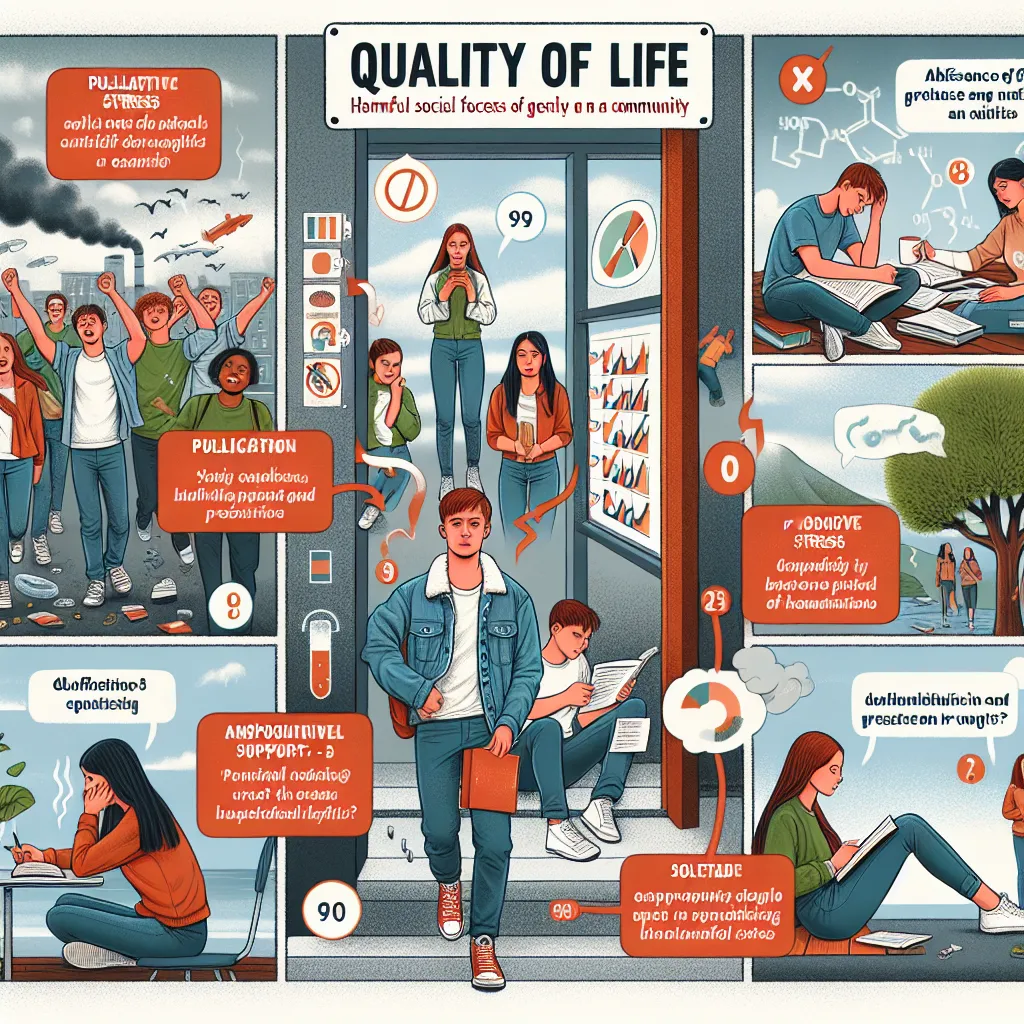Ask AI on The Internet
Question: In his 1961 inaugural address, John F. Kennedy famously declared, “Ask not what your country can do for you—ask what you can do for your country.” With his introduction of the Peace Corps later that year, President Kennedy initiated an era of service and volunteerism that remains as active as ever. 2 Today, dedicated Americans still serve communities throughout the world as Peace Corps volunteers. What’s more, over the decades new government-sponsored programs have emerged that carry on and expand the mission to serve. AmeriCorps and Senior Corps, for example, have touched the lives of millions by engaging youth and senior citizens alike much closer to home, in their own communities. 3 These large-scale government-sponsored programs typically require a significant time commitment, but there are also plenty of other opportunities for busy people who still want to do their part. Charities and civic organizations allow time-strapped volunteers to help out where they are needed. Participants can deliver meals to seniors, spend time with dogs in animal shelters, and visit people in hospitals. They can even beautify public parks. 4 According to the Corporation for National and Community Service’s research report Volunteer Growth in America, volunteerism is on the rise. For people over age 65, the rate has increased 64 percent since 1974. Perhaps even more surprisingly, the rate for adults aged 45–64 has increased almost 30 percent. 5 This dramatic increase, however, raises an interesting question. At the risk of sounding cynical, what is in it for the volunteers? 6 For ambitious youth who want to pad their résumés with good deeds, the answer may seem obvious. The same could be said for retirees with plenty of time on their hands. But what about busy adults with families and full-time jobs? Or hardworking students with demanding schedules? Why should they make time to do unpaid labor? For those already stressed out and stretched to the limit, why offer to do extra work? 7 The answer, actually, is quite simple. It’s good for you. Helping others doesn’t build stress—it relieves it. People who engage in volunteer activities are happier and stay in good health longer than those who don’t. 8 Stephanie Watson, of Harvard Women’s Health Watch, argues that volunteering not only delivers mental health benefits by making people feel socially connected and less lonely, but it also may help people live longer. “A growing body of evidence,” she writes, “suggests that people who give their time to others might also be rewarded with better physical health—including lower blood pressure and a longer lifespan.” 9 Rodlescia Sneed, who conducted a study in 2013 on volunteering, notes that volunteering appears to lower stress. “Many people find volunteer work to be helpful with respect to stress reduction, and we know that stress is very strongly linked to health outcomes,” she says. Sneed’s study found a correlation between doing 200 hours of volunteer work per year and having lower blood pressure. 10 Studies have also shown a link between helping others and being happy. A study conducted by the London School of Economics and published in Social Science and Medicine found that the more people volunteered, the happier they were. Compared to people who never volunteered, people who volunteered once a month were 7 percent more likely to report being “very happy.” People who volunteered once a week were 16 percent more likely to report being “very happy.” 11 A 2012 study in the journal Health Psychology had a particularly interesting result. Like other studies, it found participants who volunteered on a regular basis lived longer. But what made this study unique was that it examined the motives of the participants. The participants “who volunteered for self-oriented reasons” did not live any longer than those who did not volunteer at all. In other words, to get the health benefits of volunteering, the volunteers had to be doing it for the right reasons. They had to be motivated by a genuine desire to help others and not by a desire to make themselves feel better. 12 If this study is to be believed, altruism truly is its own reward. Paradoxically, the best way to look after number one may actually be by not trying to look after number one. 13 Volunteering creates connections, builds communities, and makes everyone involved healthier and happier. It not only helps those being helped, it helps the helpers as well. By asking what you can do for others, you may find what you can do for yourself Based on the information in the article, write a response to the following: Write a letter to your principal in which you argue who would ask a beginner writer benefit most from a volunteering program at school: student participants or members of the community they could serve. use text evidence
Dear Principal, I hope this letter finds you well. I am writing to discuss the implementation of a volunteering program at our school. Based on extensive research and several studies, I am convinced that it is the student participants who would stand to benefit the most from such a program, even surpassing the potential benefits enjoyed by the members of the community they serve. To start with, it is highlighted in the text that engaging in volunteer activities has been proven to enable people to stay happier and retain good health longer than those who do not (Point 7). This signifies that for the teenage student demographic of our school, undertaking volunteer work could be a significant factor towards keeping our mental health intact and stress levels reduced in this phase of our lives where we are especially predisposed to stress due to academic or peer pressures. Furthermore, Point 8 and 9 emphasize that volunteering can lead not only to mental health benefits such as feeling socially connected and less lonely, but also to better physical health and reduction in blood pressure. Considering the anxiety, isolation, and health issues many students suffer from during their high school years, the benefits of volunteering should not be overlooked. Volunteering can undoubtedly serve as a holistic approach towards assimilating better physical and mental health practices amongst students. Additionally, according to a study conducted by the London School of Economics, people who volunteered were shown to be considerably happier with individuals who volunteered weekly even 16% more likely to report higher levels of happiness (Point 10). For students at our school, volunteering could serve as a platform for personal joy, contentment, and overall happiness. The text also states that it is not volunteering per se, but rather the drive behind it – a genuine desire to help others rather than self-seeking reasons – that truly makes a difference in one’s life and overall health (Point 11). If we foster this perspective in our students, our volunteering program could give rise to a generation that is not only healthier and happier, but also altruistic and community-minded. In conclusion, I strongly believe that establishing a volunteering program would be greatly beneficial for students’ wellbeing. I am confident that students will significantly grow on a personal level, while bringing about positive change in the community. Thank you very much for considering my proposal. I look forward to further discussing this with you. Yours sincerely, [Your Name]
A new large language model has been made available since this question was asked.
To generate an updated answer from the new model, click the button below.
Think your answer is better than the AI's? Post it below.
Other Most Relevant Posts:
 Ask AI: Your class has been discussing whether receiving prizes for doing well at school is a good idea.Write an article for your teacher, giving your views.
Ask AI: Your class has been discussing whether receiving prizes for doing well at school is a good idea.Write an article for your teacher, giving your views.
 Title: Innovative Strategies for a Learning Community at Green Valley High School: Insights from Mr. Nkosi
Title: Innovative Strategies for a Learning Community at Green Valley High School: Insights from Mr. Nkosi
Question Tags
If you want your question answered by an AI, click here.





Post your own comment: